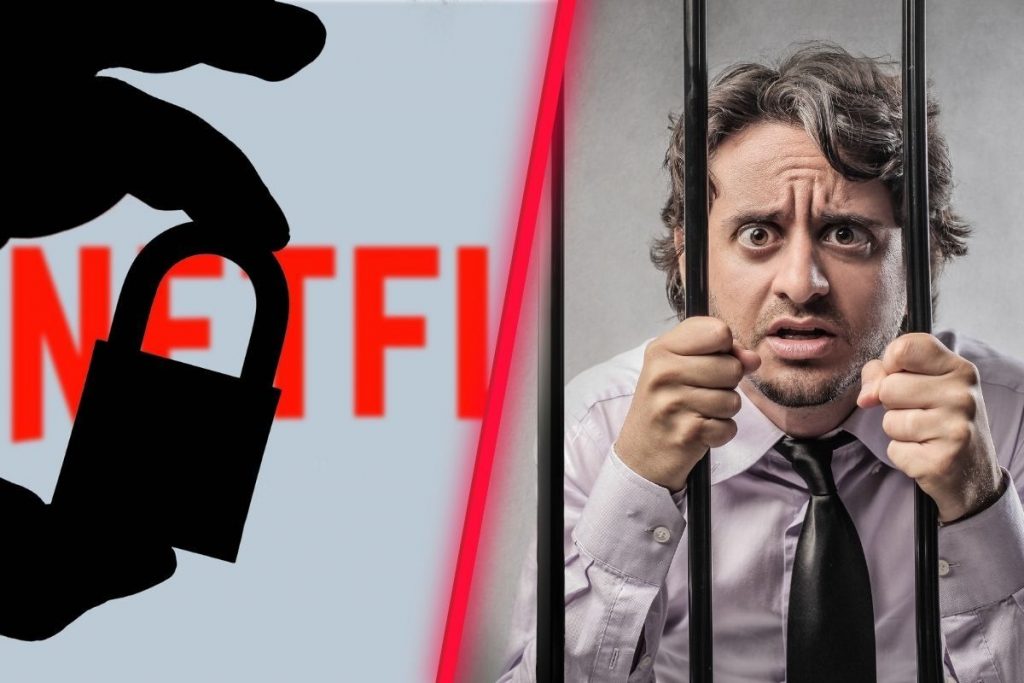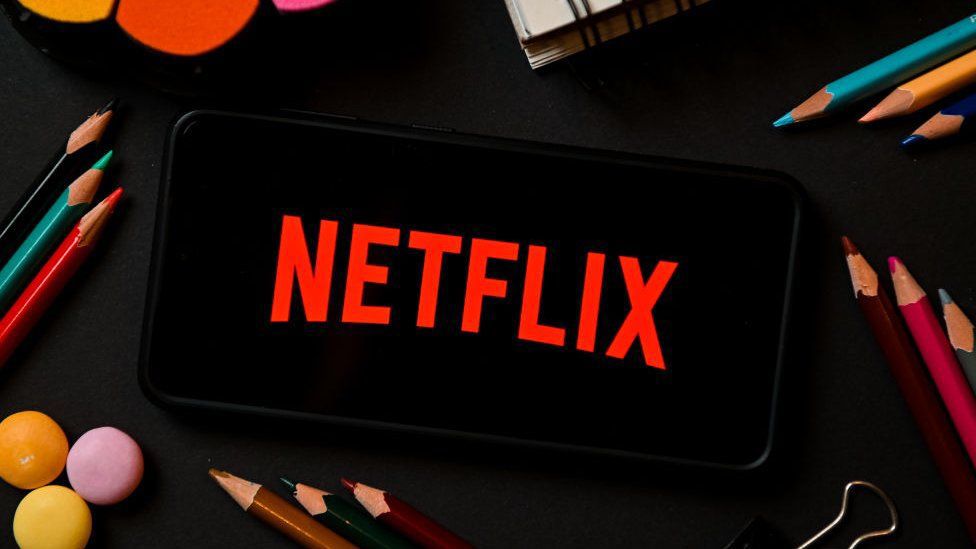Netflix Password Sharing May Be Illegal- UK Government

According to the Intellectual Property Office(IPO), millions of UK viewers are breaking the law by sharing their passwords for sites like Netflix, Amazon Prime Video, and Disney+.
Password sharing violates copyright regulations, according to the IPO, which published the new guidance in conjunction with the Meta, the owner of Facebook and Instagram.
“Piracy is a major issue for the entertainment and creative industries. Pasting internet images into your social media without permission, or accessing films, TV series or live sports events through Kodi boxes, hacked Fire Sticks or apps without paying a subscription is an infringement of copyright and you may be committing a crime”, IPO said.
In its guideline, the IPO initially used the phrase “password sharing on streaming services,” but later altered it to “accessing without paying a subscription.”

With up to 4 million viewers in the UK, Netflix believes that more than 100 million homes across the world utilize password sharing to access its services for free, in violation of its terms and conditions.
The company announced plans to stop the practice earlier this year by giving viewers the option to establish more “sub-accounts” or “extra members” for a nominal monthly cost.
It is anticipated that Netflix would implement this strategy in Britain early the next year as one of the steps it is taking to increase revenues as the worldwide streaming boom comes to an end.
According to the IPO, sharing passwords is both a criminal and civil offense, and individuals who engage in it could theoretically face prosecution.

“There are a range of provisions in criminal and civil law which may be applicable in the case of password sharing where the intent is to allow a user to access copyright-protected works without payment,” an IPO spokesperson said.
“These provisions may include breach of contractual terms, fraud or secondary copyright infringement, depending on the circumstances. Where these provisions are provided in civil law, it would be up to the service provider to take action through the courts if required.”
Author-Roberta Appiah




